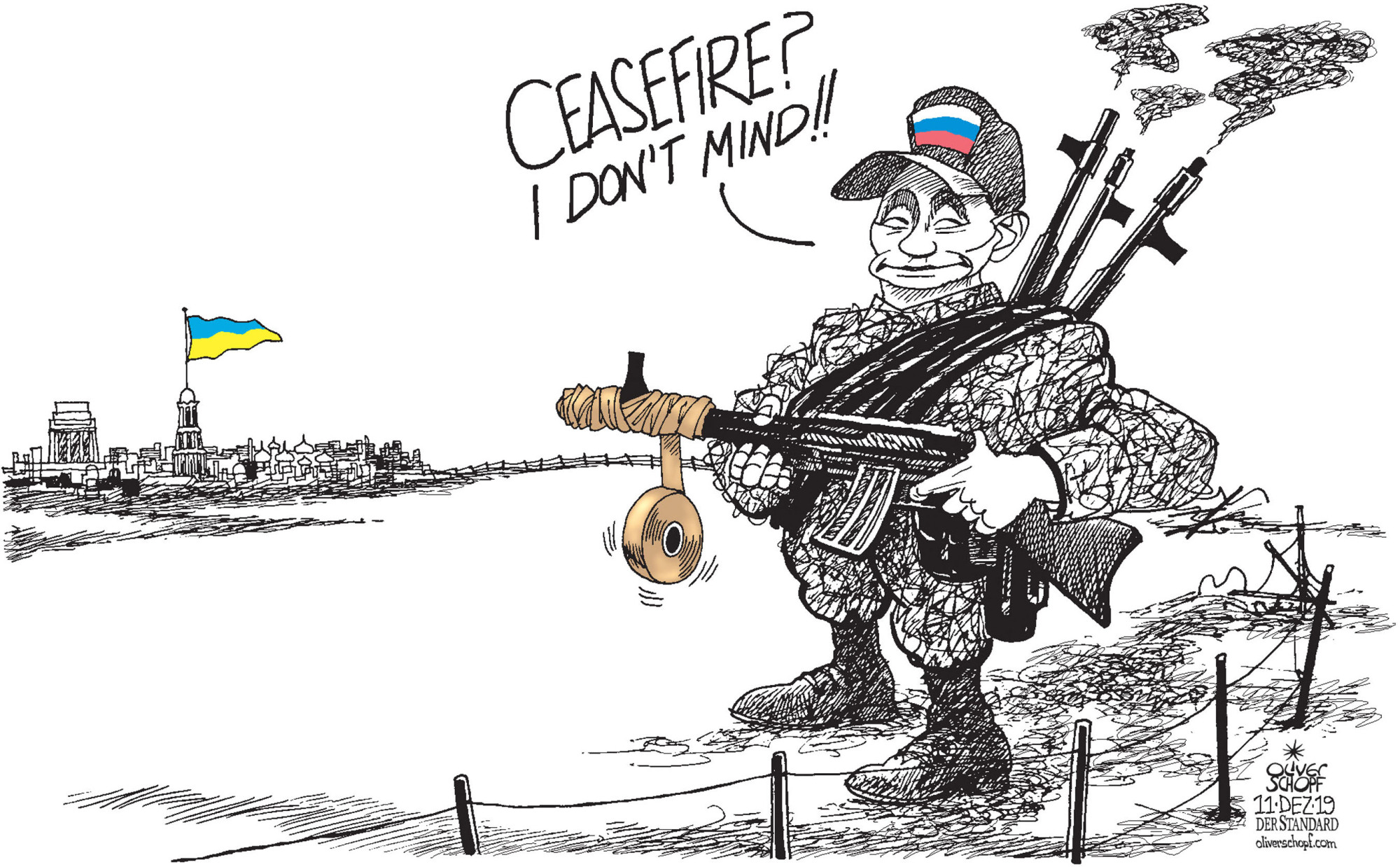The impeachment drama is now over, but one of its key foreign policy subplots is not going away. Underlying the competing claims about how damaging U.S. President Donald Trump's actions toward Ukraine really were was a deeper debate about how much that country truly matters to the United States. The answer is that Ukraine does matter, because it is at the center of several core issues of geopolitical competition. But the sound bites to which the foreign policy community sometimes resorts in explaining the country's importance don't do justice to the nuance of the issues — and they may actually undermine the case for supporting Ukraine.
The debate over Ukraine reflects the country's awkward geopolitical position. Today, it is on the front lines of the confrontation between Russia and the West: It is the place where Moscow's military aggression has been most blatant. Yet Ukraine is not a U.S. treaty ally or a member of the European Union; it sits on the periphery of the transatlantic and European communities. Over the past 30 years, Ukraine has had some governments that aligned closely with Moscow and others that sought to break free of Russia's grip, a dynamic resulting from long-standing linguistic and political divisions. The American policy debate has mirrored these ambiguities. Some prominent observers have suggested that Ukraine belongs within Russia's sphere of influence, while others have argued for pulling it closer to the West.
These divisions resurfaced during the impeachment saga. Trump clearly didn't care much about Ukraine; otherwise, he wouldn't have played personal politics with the military assistance Kiev badly needed. Yet the president's opponents in Congress, as well as several officials within his administration, argued that the U.S. indeed has a vital interest in supporting Ukraine against Russian aggression.



